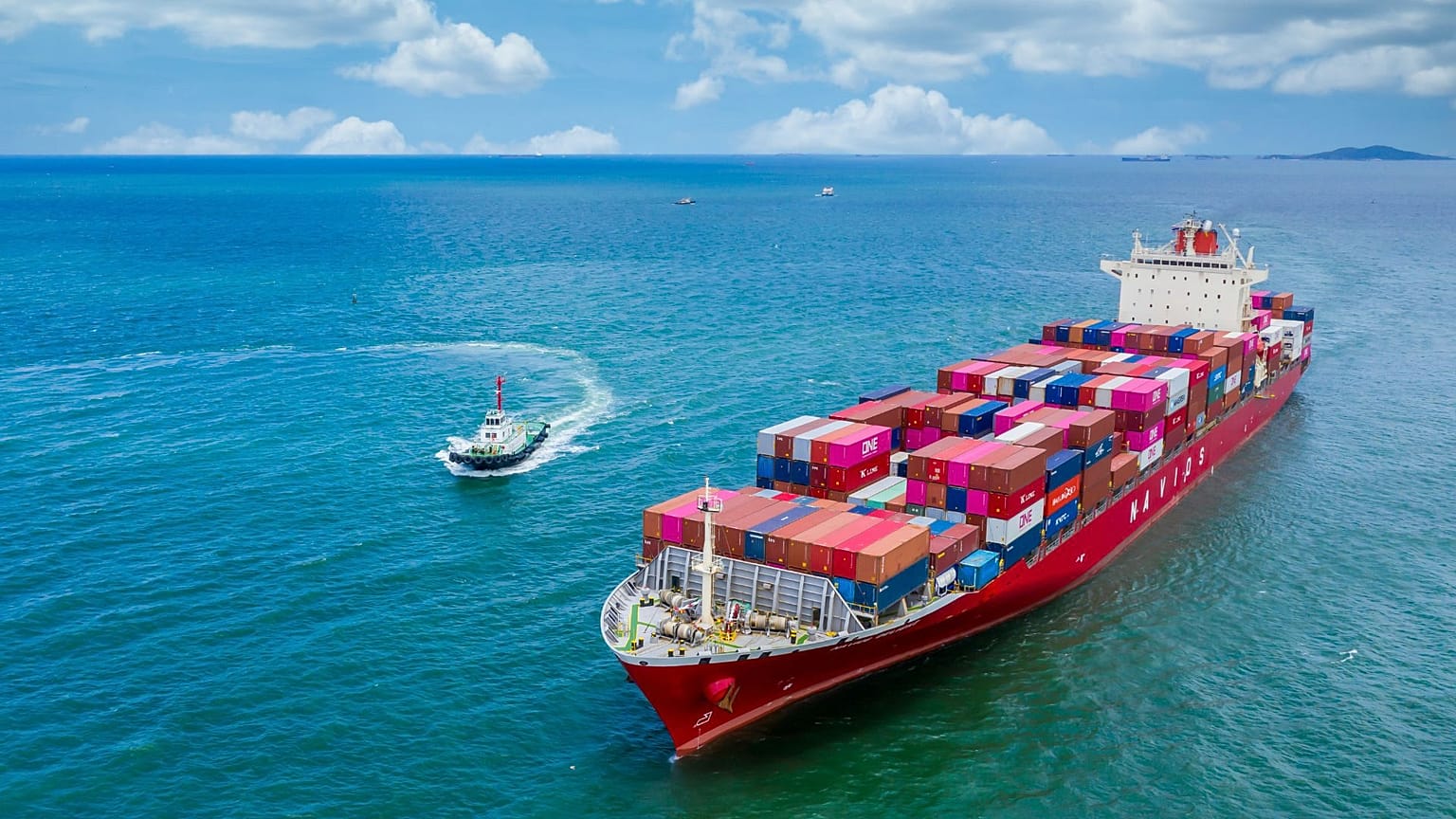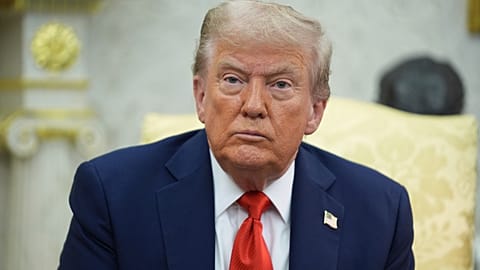While international trade can be a powerful tool to address some of the world’s most complex challenges, it can also contribute to inequality between rich and poor nations.
 ADVERTISEMENT
ADVERTISEMENT
In a world fractured by conflict, climate change, and deepening inequality, we are ever more interconnected and reliant on global supply chains. When scrutinising international trade, its dual impact is nonetheless undeniable. While globalisation has boosted economic growth on the whole, our current trading system is imbalanced, enriching living standards in some countries and simultaneously harming others.
Dr Arunima Malik, associate professor in sustainability at the University of Sydney, spoke to Euronews about the environmental and social costs of trade. The Q+A is based on work produced by her and her colleagues, published in Nature Sustainability and recently awarded the Frontiers Planet Prize.
What are the hidden costs of global trade?
Together with contributors from a range of universities, I led the first-ever assessment to measure how international trade both helps and harms progress on UN Sustainable Development Goals (SDGs). This was done with a focus on consumption, meaning the goods and services people use.
The research developed 12 environmental and social indicators, such as greenhouse gas emissions, water shortages, workplace accidents and poverty. These show who really pays the price for satisfying global consumption. By tracking these indicators from 1990 to 2018, we were able to identify polarising trends. In some cases, trade benefits certain countries while damaging SDG performance in others. In other instances, trade can narrow disparities between countries.
Alarmingly, trade seemed to close global disparities in just two areas. Progress was made with regards to alleviating poverty and ‘decent work & economic growth’, suggesting international business has helped to reduce material hardship and improve work conditions globally. All ten other indicators, on the other hand, showed trade contributing to inequality between rich and poor nations. These include carbon emissions, water depletion, crop-driven land use, air pollution, and biodiversity loss.
What is ‘trade that works for everyone’ and why is it important?
In an era of rapid climate change, global trade is no longer just about economic growth — it’s about ensuring that trade systems are equitable, sustainable, and resilient for everyone.
Global challenges like extreme weather, ecosystem collapse and environmental degradation have no boundaries. Their ripple effects extend far beyond the regions directly impacted, creating widespread disruptions that destabilise not only local economies, but also global systems. If global trade continues to offload its true costs onto vulnerable countries, it will also erode trust in multilateralism and deepen existing inequalities.
Fairer trade is a prerequisite for lasting economic development, stronger social cohesion and building trust among trading nations.
How can we improve our current trading system?
Leaders urgently need to commit to embedding equity and sustainability into the fabric of international trade and in particular, routinely report on the environmental, social, and economic impacts of production and consumption. Traditional production-based metrics are insufficient for capturing the true cost of global commerce. A consumption-based approach has value in providing a picture of where responsibility lies and how benefits and harms are distributed.
Consumption-based metrics could also serve as valuable insights for global mechanisms such as the Loss and Damage Fund, established under the United Nations Framework Convention on Climate Change, to provide support to countries affected by climate change.
Such data would not only inform more effective policymaking but also provide the basis for a fairer system of incentives and penalties. Countries and corporations that engage in sustainable, equitable trade practices should be rewarded, while those that perpetuate harm through environmental destruction, unsafe working conditions, or exploitative supply chains must be held accountable.
International trade must be seen not as an isolated tool, but as a lever for long-term prosperity for people and the planet. Taking responsibility means integrating equity and accountability into the design, negotiation and implementation of trade deals, and ensuring that trade does not undermine the very goals the world has committed to under UN’s Agenda 2030.
A reimagined trade system, one that uplifts people, protects the planet, and bridges global divides, is urgently needed. The path forward is clear and now it is time for leaders to act.
















